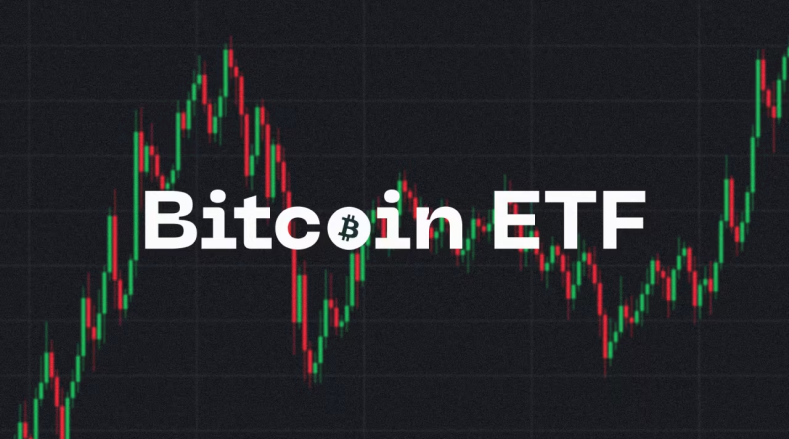
Beyond the Hype: A Look at the Potential Impact of Bitcoin ETFs
January 5, 2024
In the Bitcoin and wider crypto communities, one topic has been dominating the conversation over the last 12 months: Bitcoin ETFs. As of now, a lineup of 11 different ETFs eagerly awaits the green light from the SEC. This isn't a new conversation, but it's taken on a fresh and electrifying energy lately riding on the backs of heavyweights like Blackrock and Fidelity, among others, who have been championing this cause.
Their involvement has brought us tantalizingly close to what many see as a watershed moment in the crypto sphere. But what could a Bitcoin ETF really mean for Bitcoin and those dedicated builders in the ecosystem?
First Off, What is an ETF?
First, it's important to note that the ETF that is pending approval is a spot Bitcoin ETF. The key distinction between regular ETFs and spot ETFs lies in their approach to underlying assets. While both are exchange-traded funds, a spot ETF directly holds the physical assets it tracks. Regular ETFs, on the other hand, may not necessarily possess the physical assets. Instead, they use financial instruments like futures contracts or derivatives to replicate the performance of the underlying assets.
All 11 Bitcoin ETFs pending approval are spot Bitcoin ETFs. Essentially, they are large funds that own and store physical bitcoin with a custodian like Coinbase and allow individuals or institutions to purchase shares in this fund on an exchange like the Nasdaq.
How is this different from GBTC or futures?
While there are already financial products out there that give exposure to the price of bitcoin, they are very different from a Bitcoin ETF. Historically, the most popular Bitcoin product has been the Grayscale Bitcoin Trust (GBTC). As indicated in its name, GBTC is a trust, meaning it holds actual bitcoin, and investors buy shares of the trust. However, it is not traded on a traditional exchange. Instead, these shares are traded OTC (over-the-counter) which has resulted in the trust trading at a steep discount to the underlying BTC backing it. At its peak this discount was almost 49%, but now it is currently trading at around an 8% discount.
In regards to futures products like those offered by CME or CBOE, these products do not buy physical bitcoin. Instead, their products are designed to closely track the price of Bitcoin on spot exchanges. Generally speaking, futures contracts are used for speculative trading.